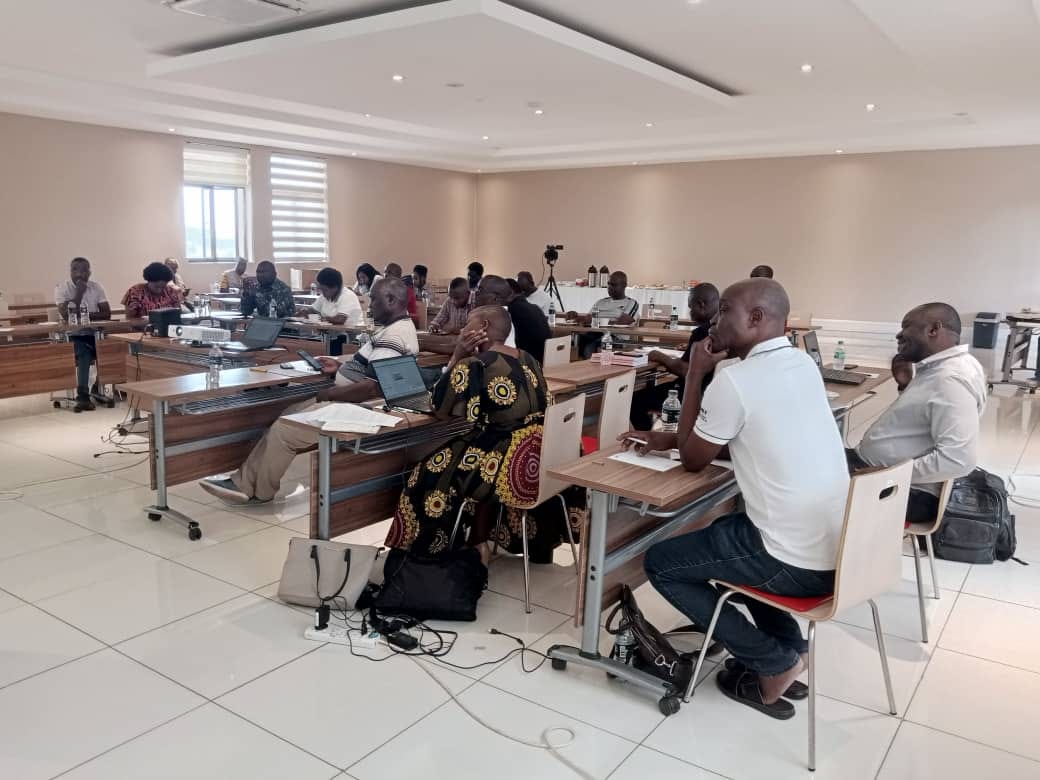Malawi Seeks Revenue Overhaul as Debt Crisis Deepens
As Malawi reels from climate disasters, acute forex shortages and an escalating debt crisis, there are growing calls for the economy's long-stalled reform agenda - including domestic revenue mobilizat
LILONGWE, Malawi- Malawi's authorities are calling for sweeping reforms to the nation's porous tax regime as a worsening debt crisis and economic stagnation heap pressure on dwindling revenues, writes Winston Mwale.
In a frank assessment at a debt management oversight workshop organized the Malawi Economic Justice Network (MEJN) in collaboration with the African Forum and Network on Debt and Development (AFRODAD), with funding from the Gates Foundation in the capital, Gladys Ganda, chairperson of parliament's budget watchdog committee, warned that drastic measures are required to widen Malawi's constricted tax base and stanch spiraling budgetary shortfalls.
"There is an urgent need for us to expand the tax base," Ganda said bluntly.
"You might be aware that the informal sector is not paying tax that much and many tax measures remain unimplemented. All measures that the Malawi Revenue Authority has put in place must be enforced to ensure we collect more revenue."
The outspoken MP highlighted property taxes as a particularly glaring shortcoming, with large swathes of wealthy home and landowners evading liabilities. "Not much is being done on property tax," she stated.
"There are so many people owning various properties and not paying any tax at all."
Ganda urged a crackdown on economic saboteurs, noting the fiscus hemorrhages over $500 million annually via corruption, illicit financial outflows and unjustified tax exemptions granted to companies.
"That's a scandalous loss for a small country like Malawi. We need to find iron-fisted ways to block these revenue leakages."
For his part, Grecium Kandio, the deputy director of revenue at the Finance Ministry, acknowledged that while the Malawi Revenue Authority was "on target" to meet revised 2023/24 tax intake goals, far more needs to be done to alleviate intense budgetary pressures.
"The essence of the domestic revenue mobilization strategy is to dramatically increase revenue collections across the board," Kandio said.
"For this, it's not just government's duty but the patriotic obligation of every Malawian to willingly pay their fair share of taxes."
He cited struggles in the manufacturing sector due to foreign currency shortages, which have hampered producers' ability to import raw materials and traders to purchase stock - ultimately weighing on tax payments.
However, Kandio raised hopes that the impending launch of a specialized tax tribunal could expedite resolution of outstanding tax cases tied up in litigation, thereby unlocking funds.
"The establishment of a Revenue Appeals Tribunal will assist government in speeding up cases involving significant taxes lying trapped in court," he explained.
"This dedicated court, elevated to the level of the High Court, should be operationalized within the next four to six months once personnel are transferred from other institutions."
As Malawi reels from climate disasters, acute forex shortages and an escalating debt crisis, there are growing calls for the economy's long-stalled reform agenda - including domestic revenue mobilization - to regain urgency.
For this impoverished nation perilously short on resources, improving tax compliance offers a potential lifeline.
But with vested interests deeply entrenched, overhauling the rickety tax collection system will prove an uphill battle in the months ahead.
The workshop took place on Friday and Saturday in Mponela, Dowa, Malawi.





